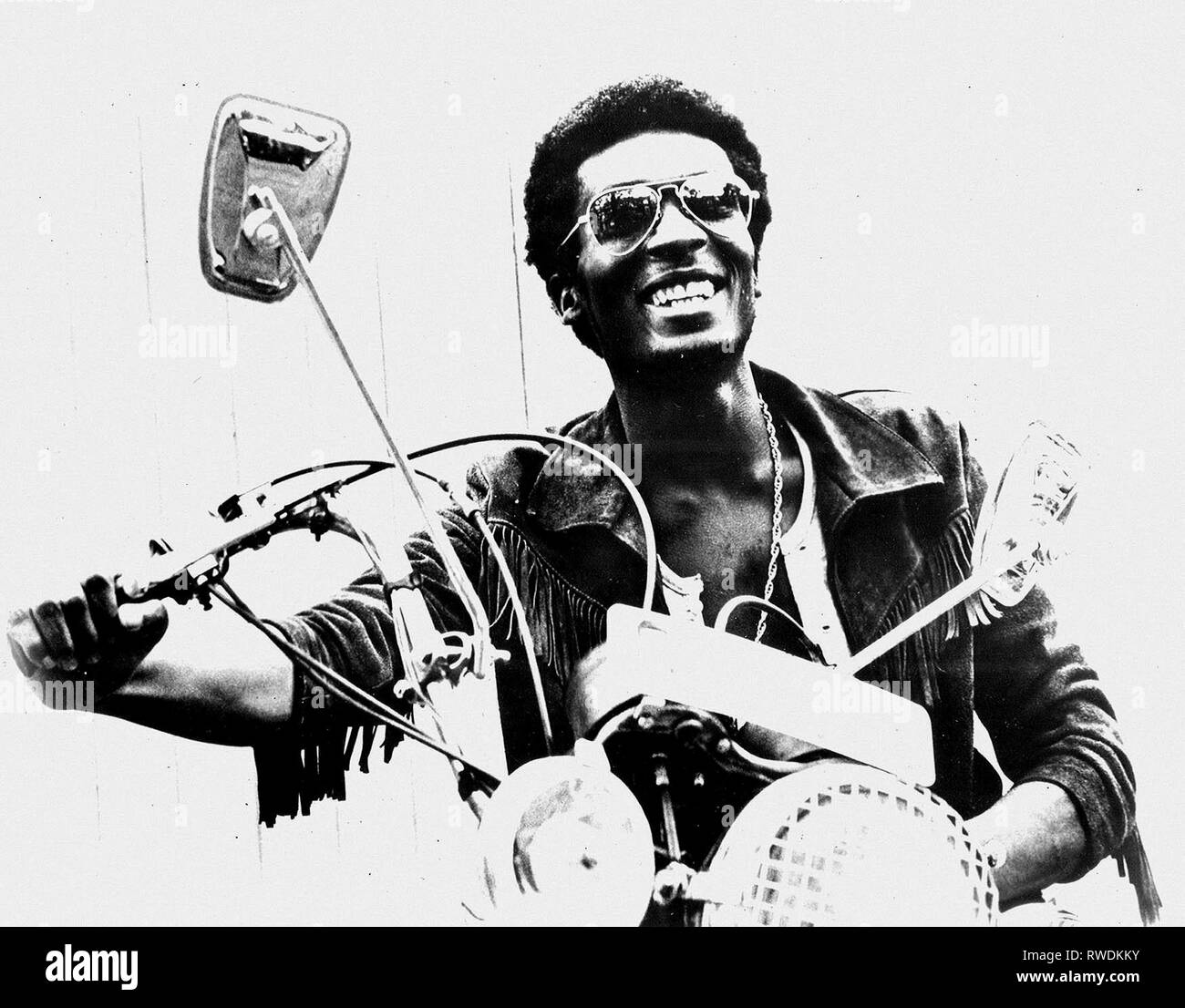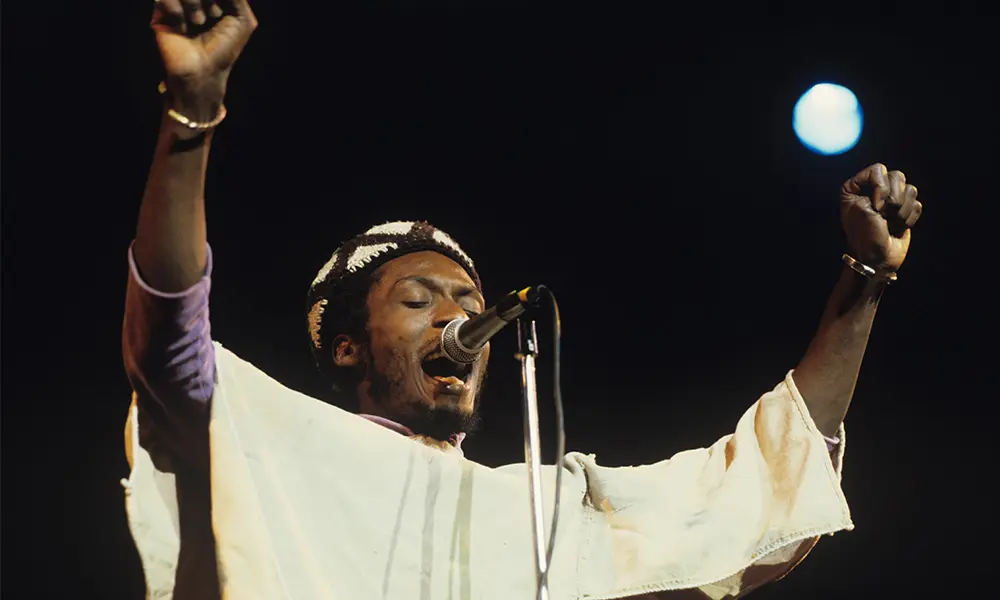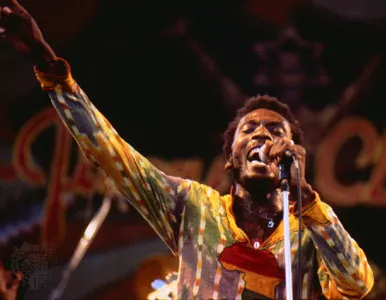Jimmy Cliff, the legendary musician who expanded the popularity of reggae around the world, has died, his family announced Monday on his official Instagram account.

“It’s with profound sadness that I share that my husband, Jimmy Cliff, has crossed over due to a seizure followed by pneumonia. I am thankful for his family, friends, fellow artists, and coworkers who have shared his journey with him,” his wife, Latifa Chambers, wrote on Instagram.
He was best known for songs including “Many Rivers to Cross,” and “The Harder They Come,” the title song for the movie of the same name from 1972, which featured Cliff. The film’s soundtrack was a major international success and did much to spread the appeal of Jamaican reggae.

On December 10, 1974, the visiting renowned musician was ordered to be arrested with a warrant in connection with an N80,000 civil action filed against him by a musical show promoter, Alhaji R. Osi Ibrahim for an alleged breach of contract.
Born in Jamaica in 1944, Cliff scored his first local hit aged just 14 with “Hurricane Hattie” and would go on to win two Grammy awards and pick up seven nominations.

He was only one of two Jamaicans to be inducted into the Rock & Roll Hall of Fame, alongside Bob Marley.
He was inducted in 2010, with an introductory speech from Wyclef Jean.
An essay commemorating Cliff from writer Rob Bowman said that if he had done nothing but star in “The Harder They Come,” he would have merited inclusion.
BIOGRAPHICAL SKETCH
Jimmy Cliff (born July 30, 1944, Somerton, Jamaica) was a Jamaican singer and songwriter who was instrumental in introducing reggae to an international audience, largely through his performance in the landmark film The Harder They Come (1972).

Just into his teens, Cliff began recording soon after moving from the countryside to Kingston, making several singles before topping the Jamaican charts with his own composition, “Hurricane Hattie,” one of his earliest efforts for Leslie Kong’s Beverly Records.
He had several more hits that combined pop and ska influences.
After relocating to London in 1965 at the behest of Chris Blackwell of Island Records, Cliff broadened his musical approach to incorporate soul and rhythm and blues as he moved in the direction of reggae.

By the late 1960s he was a favourite in South America (having won a prize at a festival in Brazil with his song “Waterfall”), and his album Wonderful World, Beautiful People (1970) was an international hit as well as the record that prompted Paul Simon to investigate reggae.
As the star of The Harder They Come—he contributed to its sound track the classics “Many Rivers to Cross,” “Sitting in Limbo,” and the title song—Cliff became reggae’s biggest star.
Although his success in Jamaica, Britain, and the United States was soon eclipsed by that of Bob Marley, Cliff remained extremely popular in Africa and South America, and his 1993 cover of Johnny Nash’s pop-reggae hit “I Can See Clearly Now” helped renew his broader popularity.
His other recordings include the Grammy Award-winning albums Cliff Hanger (1985) and Rebirth (2012).
Cliff was inducted into the Rock and Roll Hall of Fame in 2010.






